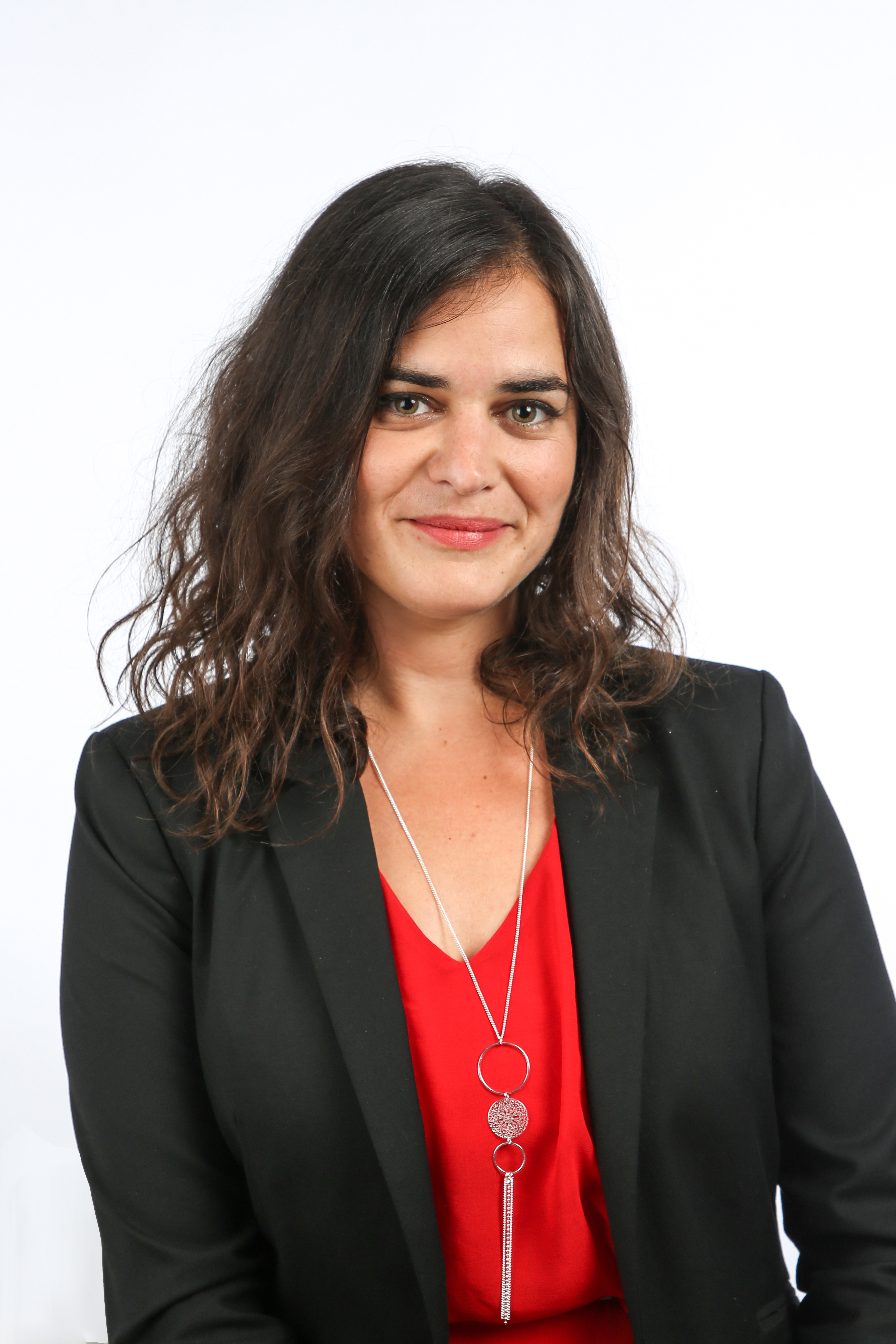In the words of Elise Pereira-Nunes: “What matters is planting seeds for a better future. I take pride in pushing these issues forward and making gender equality a cross-cutting priority in city governance.”
News details
Elise Pereira Nunes is the Deputy Mayor of Tours (France) for gender equality, international relations and city networks. An academic expert in gender issues, Elise has been a long-time activist in several movements for women and LGBTQI+ rights and regularly contributes to seminars. Her political commitment stems from her desire to be a voice at the intersection of the worlds of academic research, citizen mobilization and political action. As a deputy mayor, she demonstrates that exchanges between local authorities, locally and internationally, are vectors of progress on environmental, economic and societal issues. Internationally, she advocates for the recognition of local governments within the multilateral system and champions the political participation and empowerment of women. Elise joined a two-day Expert Group Meeting organized by UN Women to address one of the most persistent barriers to gender equality in political and public life: discriminatory social norms. This experts’ meeting was organized under the WYDE | Women’s Leadership, funded by the European Union, which is a collaborative global effort aimed at advancing women’s full and effective political participation and decision-making at all levels, especially those most often left furthest behind.
“In my role as Deputy Mayor, my focus is on making gender equality a core part of our city’s policies. Our goal is to create a city where everyone, regardless of gender, origin, age, or ability, can thrive. I also connect gender equality with international affairs, building partnerships with sister cities across Europe, Japan, South Korea, and Spain. Change must happen both locally and globally—if the world around us struggles, we will be affected too.
Of course, working in politics comes with challenges. Bureaucracy, budget constraints, and slow progress can be frustrating. But meaningful change requires both short-term action and long-term vision. Some policies take immediate effect, while others take years to show results. What matters is planting seeds for a better future. I take pride in pushing these issues forward and making gender equality a cross-cutting priority in city governance.
One challenge I faced was entering politics without ties to any political party or organization. I had to learn how political structures operate while ensuring my voice was heard as someone from civil society. Even if you don’t belong to a party, it’s essential to make politicians understand that they need engaged citizens, just as much as citizens need politicians to represent them. Citizens shape the projects that affect their communities, while political parties provide the platform and resources to implement them. It’s a partnership that can drive real change.
Another challenge is overcoming stereotypes about women in politics. Despite gender parity laws, I often hear claims that it’s "hard to find women willing to engage" or that their "quality" is questionable, implying that all male candidates are automatically competent. I wanted to prove that being a woman from civil society is not a limitation.
I also firmly believe in feminist municipalism. If we want more women in politics, we must demonstrate that it’s possible, including at local level. Too often, those who want to get involved hesitate because they feel they lack legitimacy, whereas their diverse perspectives are essential. Diverse voices—across social, economic, ethnic, racial, gender or disability backgrounds—enrich decision-making.
Local politics is crucial because it’s where real engagement with citizens happens, it’s where we can understand and respond to people’s needs. We may not be able to solve every problem, but we can do our best to make an impact with the power we have. Women have a major role to play in shaping the future. If there isn’t enough space for us, we will make space, because our voice is needed.”

Log in with your EU Login account to post or comment on the platform.